Anant Goel Is Making Headlines by Verifying Them
Goel, a freshman at Purdue University, was part of the four-person team of undergraduates that developed FiB, an algorithm that distinguishes between real and fake news.
By Lindsey Davis, Iowa State University
As the issue of fake news infiltrating Facebook continues to grow, four college students sought a solution to quell the issue.
At a hackathon at Princeton University this past November, Anant Goel, a freshman at Purdue University, was among the group that found a fix within 36 hours. The competition was based on the challenge of developing a technology tool within the allotted day-and-a-half that would help combat the spread of fake news, and Goel was able to work with his student team to create an algorithm that detects false information online.
According to “CBS,” the algorithm (which is open-source) powers a Chrome browser extension that tags links in Facebook as either “verified” or “not verified” by considering factors such as a source’s credibility and cross-referencing that content with other news sites. If a Facebook post you’re looking at fails the test, the FiB algorithm searches for and shows you real news on the topic.
I chatted with Goel about his experience with the competition, as well as about what he hopes to accomplish while in college.
Lindsey Davis: Why did your group choose to look at the issue of fake news?
Anant Goel: Right before the competition, Mark Zuckerburg had come out with the statement that fake news had not affected Facebook and that it was an absurd idea that fake news could, in fact, even impact the election.
We spent 10 hours brainstorming how we could solve the problem, then we spent about 20-ish hours writing code to solve the problem.
LD: So it doesn’t sound like you got to sleep much during that.
AG: It wasn’t just us; everyone was trying to stay awake, so it was a really cool atmosphere. There were games and music and people you could ask questions. It was really supportive. It’s a real-life experience overall.
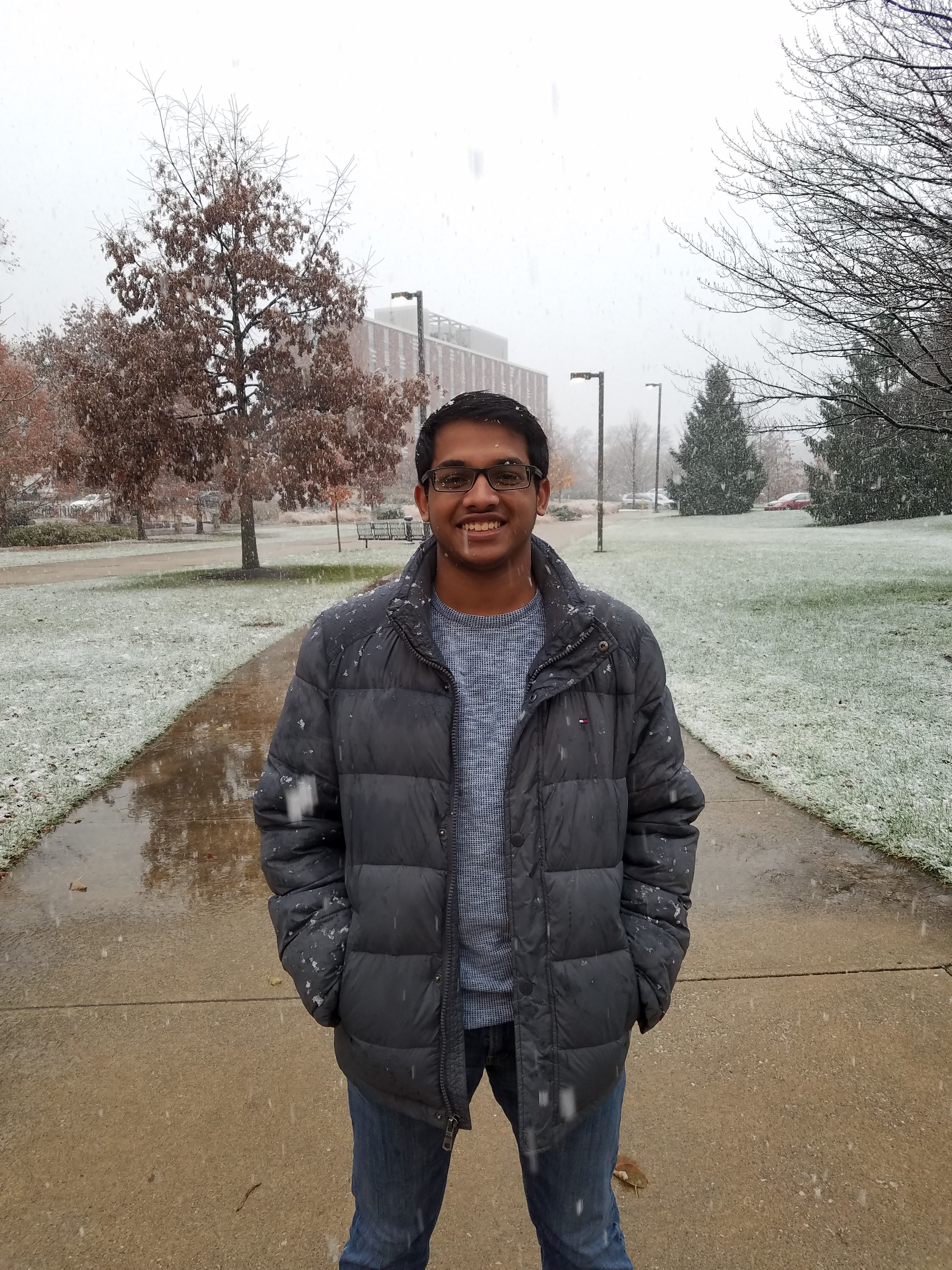
LD: Did you know the people on your team before that experience?
AG: No, we just randomly met each other. We reached out to each other on Slack and were asking each other what ideas we had, what we had done previously, and then we ended up forming a team. We are all planning to major in Computer Science.
LD: Do you guys hang out still?
AG: We’re all from different schools, so it’s really hard to meet up. One of them goes to UMass Amherst and the other two go to the University of Illinois-Urbana Champaign. We’re still actively working on the project, so we do talk a lot. We have Skype calls.
LD: It seems like your group has gotten a lot of media attention since then.
AG: We did not know that anyone would contact us. We had a proof of concept that we thought a few people would look at it, but not base an article off it. We didn’t expect a response from the media, or just people in general. We just weren’t expecting that. It was really surprising when that happened; it was really exciting.
Most people are really dismissive that fake news could even affect anything or that it was even a problem.
LD: Why did you choose Computer Science?
AG: I’ve been coding for quite a bit. I’ve been doing it for years now. It just became a passion over time.
LD: Do you have any set goals for yourself?
AG: I don’t know. I don’t really set a lot of personal goals. I like to do things as they keep coming. I enjoy traveling, so that’s why I go to a lot of hackathons. I’ve been to about five just this semester. I just do things that I enjoy; if I want to do something, I’ll do it.
LD: What else are you involved in outside of programming?
AG: Usually I just play video games or I’ll read a book. I’ll go out to play tennis sometimes. I used to go the gym a bit, but I stopped because it’s a hectic semester.
LD: Are you reading anything right now?
AG: I recently had the opportunity to read a new book called “Ready Player One” by Ernest Cline, and it’s my absolute favorite now. It’s about a dystopian future controlled by one organization and how the protagonist tries to escape it.
LD: Tell me about the coolest place you’ve traveled to.
AG: Gatlinburg, Tennessee. It’s near the Great Smoky Mountain National Park. It was a really cool small town. It had this museum and a nice ski lift, although there was no ice to ski on. I have no idea why it was there. There was this one good Thai place I remember that was amazing. I wish I could go back there, but I don’t think I’ll get to travel anymore.
LD: Who are your role models?
AG: I don’t have role models, because I don’t see people as goals; I see things as goals. So, if someone accomplishes something, that’s my motivation, but the person themself isn’t.
LD: If you could accomplish one thing, what would it be?
AG: To have an impact somehow. Just somehow knowing that I made a difference, even to a small group of people. Knowing that something I did actually mattered.
LD: Although it’s somewhat far away, what are your plans post-graduation?
AG: After graduation, I either want to build my own startup or work at one for a few years before moving on to graduate school.




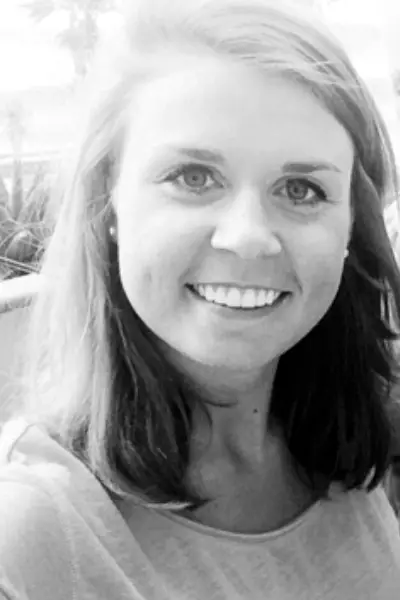
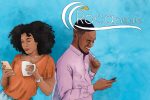
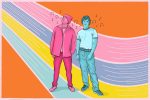
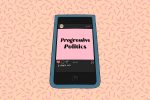










[…] With issues like whether or not companies should create Muslim registries or what can be done to combat fake news, it seems essential to discuss the potential ethical issues we could face in our career. I think […]